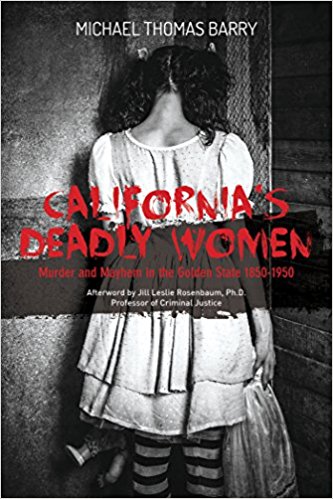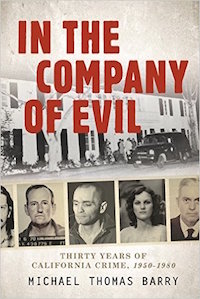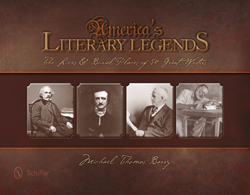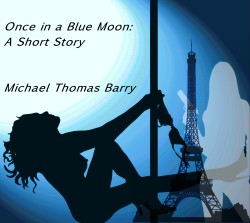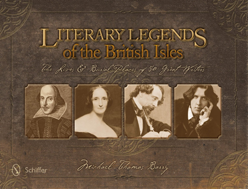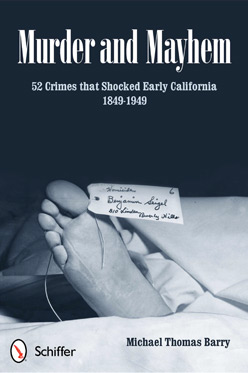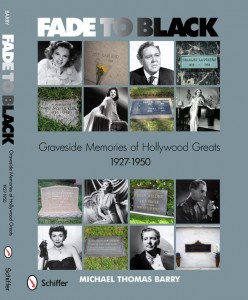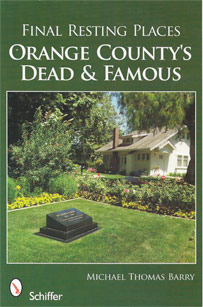04.16

On this date in Hollywood history – April 16, 1889, Hollywood legend Charlie Chaplin was born in London, England. Chaplin was one of the most financially successful stars of early Hollywood, was introduced to the stage when he was five. The son of London music hall entertainers, young Chaplin was watching a show starring his mother when her voice cracked. He was quickly shuffled onto the stage to finish the act. Chaplin’s father died when Chaplin was a toddler, and when his mother had a nervous breakdown Chaplin and his older half-brother, Sydney, roamed London, where they danced on the streets and collected pennies in a hat. They eventually went to an orphanage and joined the Eight Lancashire Lads, a children’s dance troupe. When Chaplin was 17, he developed his comedic skills with the help of Fred Karno’s company, for which his half-brother had already become a popular comedian. Soon, Chaplin’s bowler hat, out-turned feet, mustache and walking cane became his trademark. Chaplin refined what would soon become his legacy, the character Charlie the Tramp. A masterful silent film actor who could elicit both laughter and tears from his audiences, Chaplin resisted the arrival of sound in movies. Indeed, in his first film that featured sound (City Lights in 1931), he only used music. His first true sound film was 1940’s The Great Dictator, in which he mocked fascism. Chaplin was a founding member of United Artists Corporation in 1919 along with Mary Pickford, Douglas Fairbanks and director D.W. Griffith. Chaplin was married four times, his fourth wife, Oona O’Neill, who was 18 when she married the 54-year-old actor, was the daughter of playwright Eugene O’Neill. Though he had lived in the United States for 42 years, Chaplin never became a U.S. citizen. A vocal pacifist, Chaplin was accused of communist ties, which he denied. Nevertheless, in 1952, immigration officials prevented Chaplin and his wife from re-entering the United States after a foreign tour. The couple did not return to the United States for 20 years; instead they settled in Switzerland with their eight children. Chaplin returned to America 1972 to accept a special Academy Award for “the incalculable effect he has had on making motion pictures the art for and of this century.” He died in 1977.
Michael Thomas Barry is the author of numerous books that include the award winning Fade to Black Graveside Memories of Hollywood Greats, 1929-1950 (2011, Schiffer). The book was awarded a SILVER MEDAL in the 2011 Readers Favorite Best Books Awards and was the 2013 WINNER of the Beverly Hills Books Awards.

